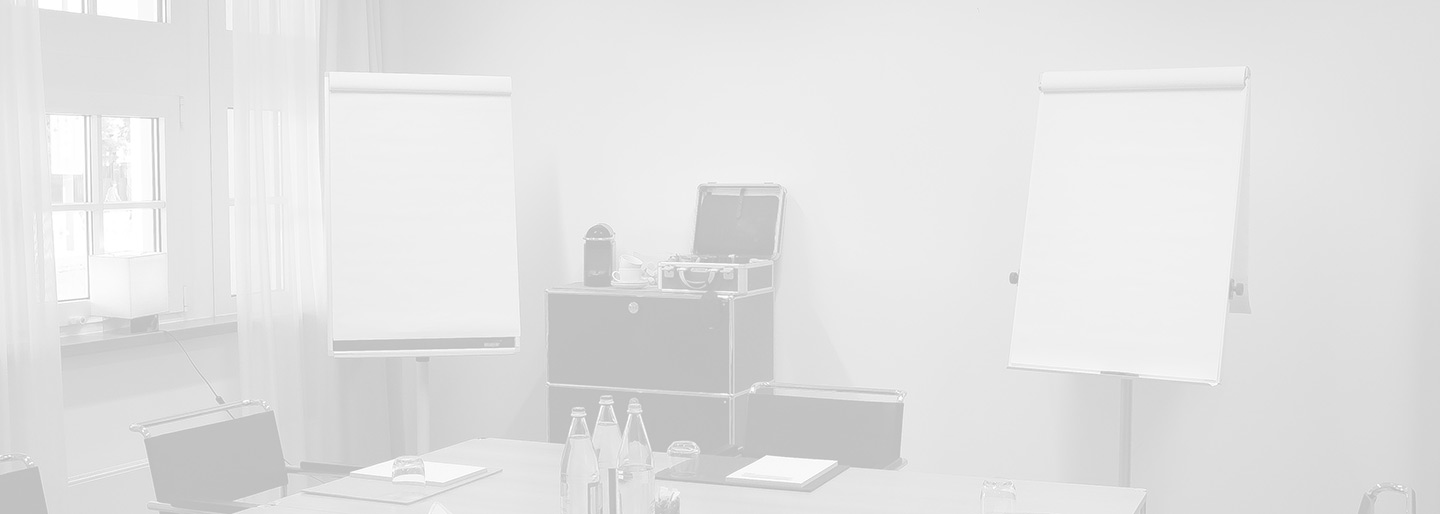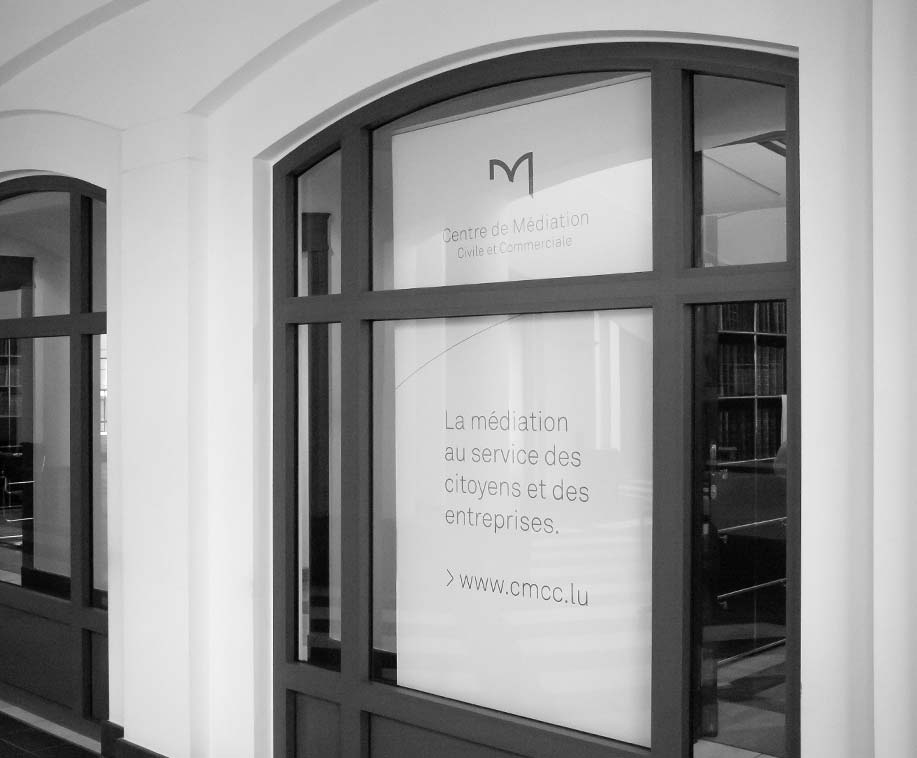Use cases
Mediation is a very flexible process that can be used in most conflict situations. Here are some areas where mediation is particularly helpful:
- Family: In the event of family disputes – such as inheritance, divorce and succession issues – mediation helps to find an amicable solution that does not put any further strain on the family structure and often leads to an improvement in family relationships.
- Companies and institutions: Mediation is successfully used by companies to resolve conflicts between business partners (suppliers/customers/investors etc.). It helps to continue business operations without lengthy legal disputes and to maintain the relationship with the business partner.
- Work: Within every organization, conflicts arise between colleagues, employees, superiors or entire departments. Mediation reduces these negative tensions and finds solutions that sustainably improve the working atmosphere, cooperation and the overall achievement of the organization’s goals.
- Neighborhood: Mediation can be used to resolve conflicts between neighbors, whether over noise, property issues or other concerns. Agreements can be reached that are acceptable to both sides and make it possible to live peacefully “side by side” again.





